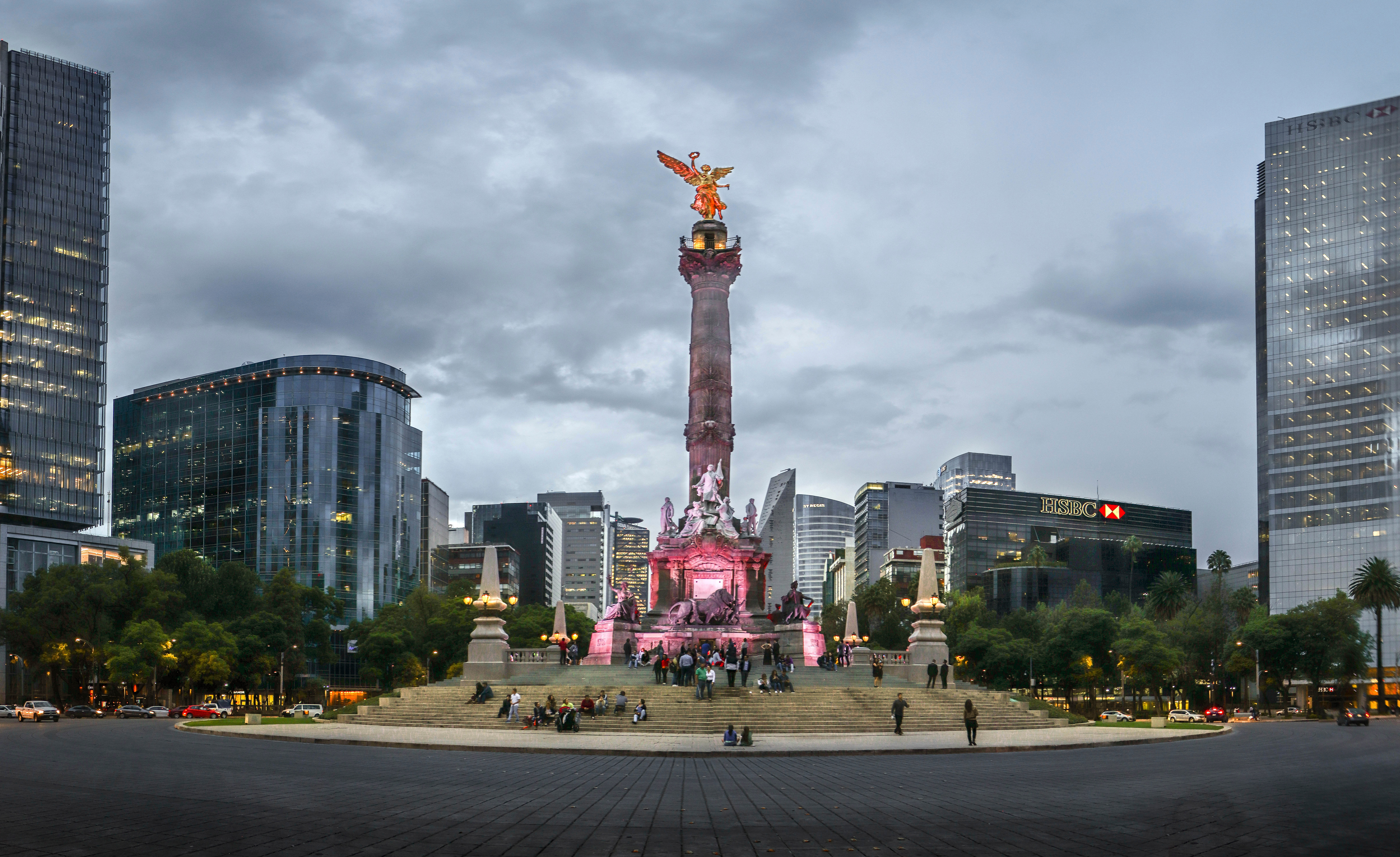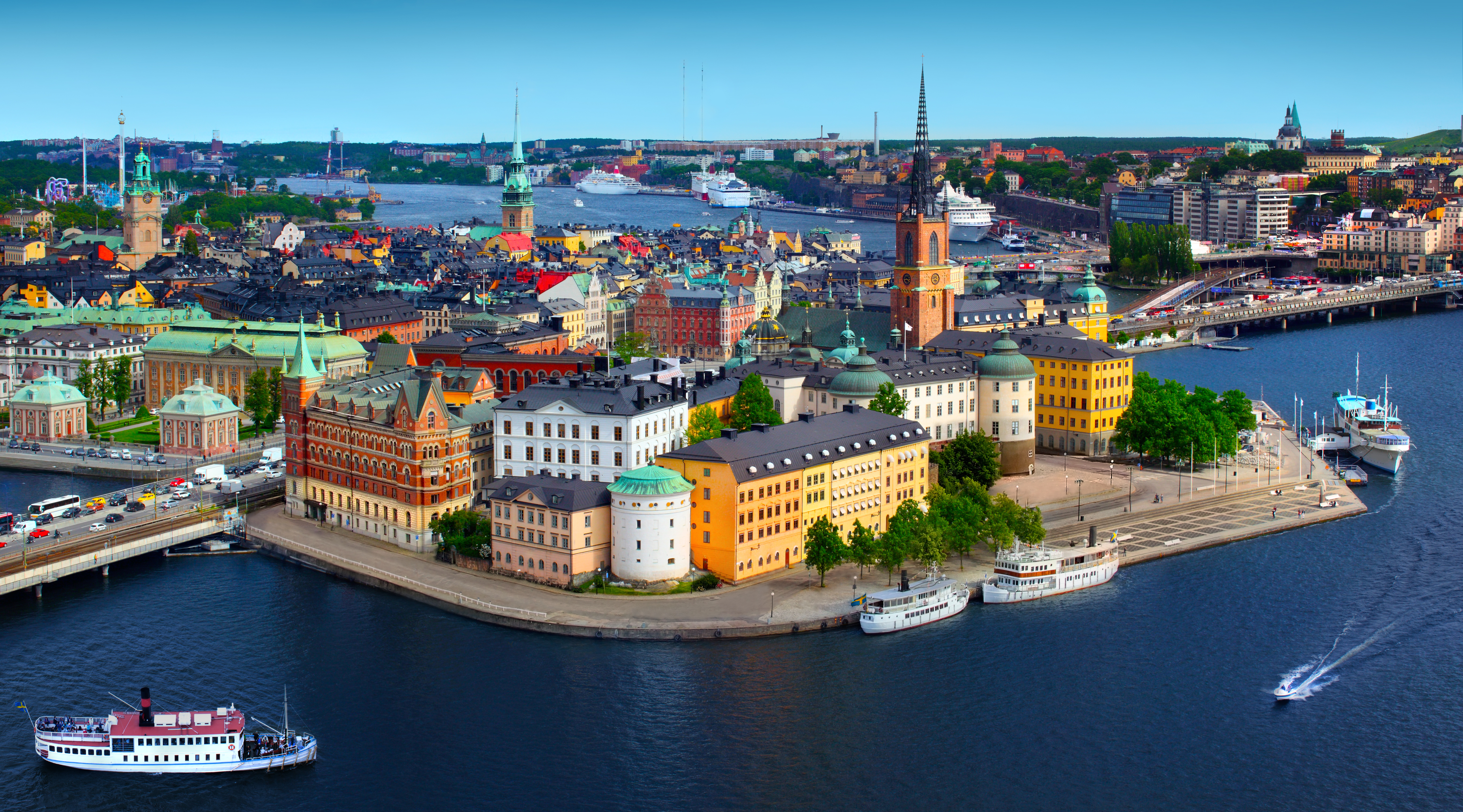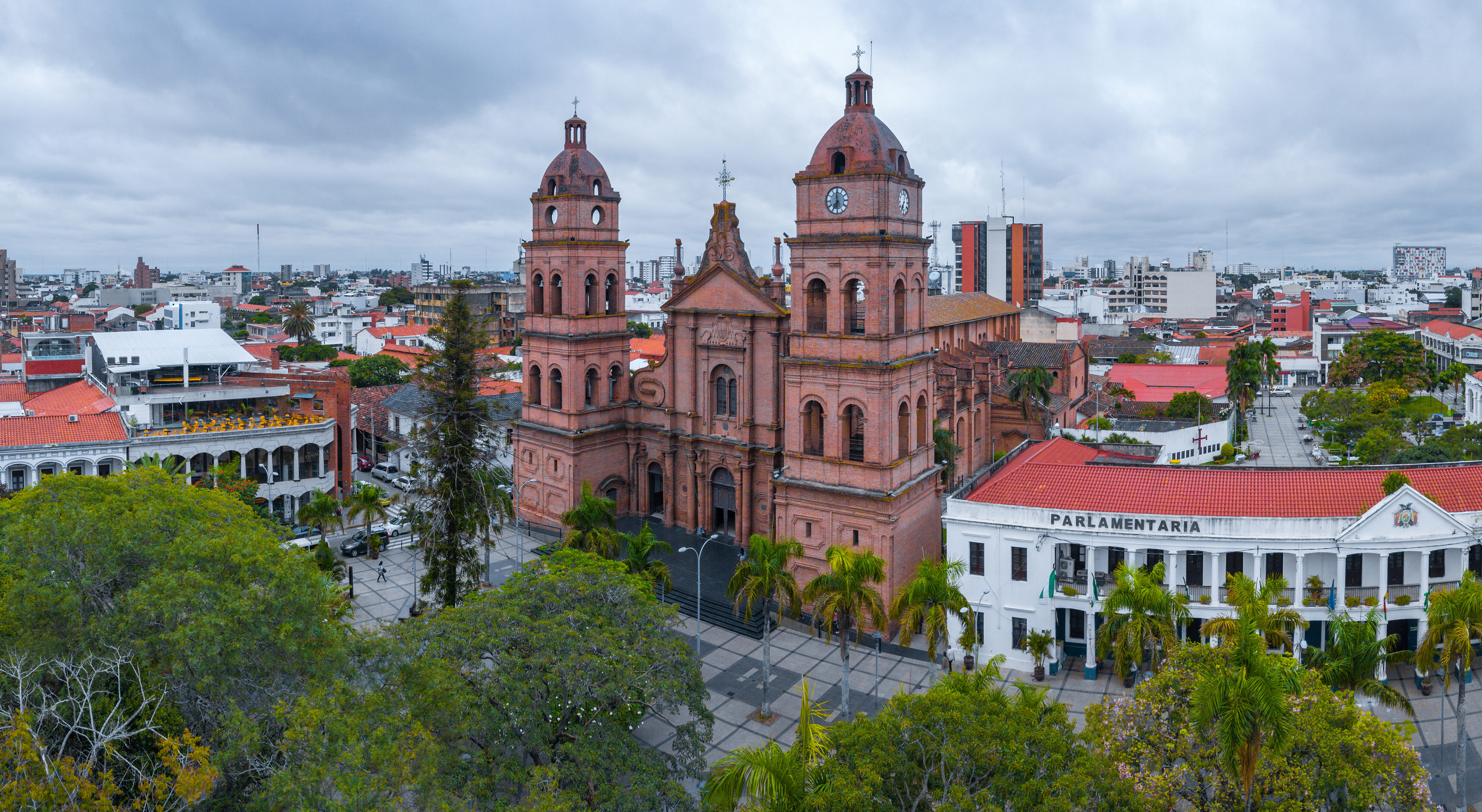Bulgaria, strategically located at the crossroads of Europe, Asia, and the Middle East, has demonstrated notable resilience and growth potential in its economic landscape over recent years. With its strategic location, favourable business climate, competitive cost structures, and well-educated workforce, Bulgaria has become increasingly attractive to foreign direct investment (FDI). FDI plays a crucial role in Bulgaria’s economy, injecting capital, creating jobs, and fostering economic development. This article delves into the current state of FDI in Bulgaria, examining the trends, challenges, and opportunities that lie ahead.
Macroeconomic Overview
To understand the dynamics of foreign investment in Bulgaria, comprehending the broader economic context is essential. Bulgaria enjoys a stable macroeconomic environment characterised by low inflation and a manageable public debt-to-GDP ratio. According to the World Bank, Bulgaria’s GDP stood at approximately $84 billion in 2021 and continued its upward trajectory to an estimated $96 billion by 2023, demonstrating resilience amidst global economic uncertainties. GDP growth is steadily recovering to pre-pandemic levels, propelled by recovery initiatives and increased foreign investments.
Key factors contributing to Bulgaria’s economic stability include:
- Low Inflation: Bulgaria has effectively controlled inflation, with rates within the 2–4% target set by the ECB. The annual inflation rate decreased to 2.4% in April 2024, the lowest since April 2021, showcasing ongoing efforts to manage inflation effectively and ensure economic stability.
- Public Debt-to-GDP Ratio: Bulgaria’s public debt remains one of the lowest in the EU. Bulgaria’s public debt-to-GDP ratio was 23.1% in 2023, which is significantly lower than the EU average (88.6%). This ratio is expected to remain stable, ensuring investor confidence.
- Foreign Investment Climate: Streamlined business regulations and incentives have made Bulgaria an attractive destination for foreign investors.
- EU Membership Benefits: Bulgaria benefits significantly from its EU membership, gaining access to structural funds and the single market. From 2014 to 2020, Bulgaria received approximately €9.9 billion in EU funding under the European Structural and Investment Funds (ESIF). In the 2021–2027 funding period, Bulgaria is expected to receive around €11 billion from the EU budget.
Overview of Foreign Direct Investment in Bulgaria
Foreign direct investment (FDI) is vital to Bulgaria’s economic strategy, highlighting its openness to external capital. Recent data from March 2024 shows a notable €150.60 million increase in FDI. Over the years, FDI in Bulgaria has averaged €180.80 million, peaking at €1,178.00 million in March 2023.
In 2021, Bulgaria’s FDI stock was 71.8% of GDP, attracting $2.5 billion in 2022 from various sources such as the EU, the USA, and Asia. Bulgaria also introduced an FDI screening mechanism in February 2024 to regulate investments effectively. These changes reflect Bulgaria’s appeal to foreign investors across sectors.
Key Sectors for Investment
Several sectors in Bulgaria present promising potential for foreign investors:
Manufacturing
- €11.7 billion in foreign investments as of June 2023, focused on production and processing enterprises.
- Strategic location, skilled workforce, and competitive production costs attract leading international companies.
- Benefits from Free Trade Agreements with the EU and other regions.
Finance
- Significant presence of foreign banks like UniCredit, Raiffeisen Bank, and Société Générale.
- Foreign ownership stabilises and develops Bulgaria’s financial system.
Infrastructure
- Major funding from the European Investment Bank and the European Bank for Reconstruction and Development.
- Investments in transportation, energy, and telecommunications.
Real Estate
- Substantial foreign investment in major cities such as Sofia and Plovdiv.
- Development is driven by a growing economy, improving infrastructure, and rising property values.
Technology
- Surge in foreign investment in R&D centres by companies like SAP, HP, and VMware.
- Growing number of investments in tech startups.
Energy Sector
- Goal to increase renewable energy sources to 27% of the energy mix by 2030.
- Decreasing reliance on coal, creating opportunities in wind and solar energy projects.
Automotive Industry
- Nearly 80% of Europe’s electric cars use Bulgarian-made components.
- Efforts to attract car assembly companies indicate further industry dev companies and Export-Oriented Enterprises.
- Lopment.
High-Tech Companies and Export-Oriented Enterprises
- Increasing appeal to high-tech companies is due to Bulgaria’s geopolitical location, low debt level, and innovative offerings.
Regulatory and Business Environment
Bulgaria’s regulatory framework supports a conducive business climate. The legal environment facilitates business operations and is bolstered by ongoing reforms aimed at simplifying regulatory procedures. Bulgaria has made substantial progress in combating corruption, although challenges remain. Competitive corporate tax rates, at 10%, and investment incentives further elevate Bulgaria’s attractiveness for foreign enterprises.
Responsible Business Conduct and Sustainability
Responsible business conduct and sustainability are both gaining prominence in Bulgaria. The National Corporate Governance Code (NCGC) is regularly updated to ensure compliance with best practices. Corporate social responsibility (CSR) initiatives are becoming more prevalent, promoting social and environmental responsibility. The adoption of sustainable measures, particularly regarding climate issues, is critical for long-term economic and environmental health. Bulgaria’s commitment to the European Green Deal targets by 2030 underscores this focus.
Challenges Facing Foreign Investors
Navigating the Bulgarian market as a foreign investor poses significant challenges that demand careful consideration:
- Corruption: Transparency International’s Corruption Perceptions Index ranked Bulgaria 67th out of 180 countries in 2023. This persistent issue undermines trust and hampers business operations.
- Regulatory Inconsistencies and Bureaucratic Hurdles: Despite ongoing reforms aimed at creating a more business-friendly environment, foreign investors still face complex administrative procedures and regulatory inconsistencies, leading to potential delays and increased costs.
- Political Stability: Political instability in Bulgaria has disrupted foreign investments due to repeated elections and governmental crises. This uncertainty has eroded investor confidence, complicating long-term investment decisions. The country is grappling with changes in leadership and struggles to form stable governing coalitions, raising concerns among economic stakeholders. Despite efforts to address these challenges, Bulgaria faces risks such as currency fluctuations amidst the ongoing political turmoil.
- Investment Activity Trends: While FDI in Bulgaria increased to over BGN 7.2billion in 2023, much of this was driven by reinvested profits from existing companies rather than new ventures, indicating a need for policies to attract fresh investments.
Opportunities and Trends for Foreign Investors
Bulgaria, positioned as a burgeoning investment hub, beckons foreign investors with a tapestry of compelling prospects waiting to be explored in depth. Delving into the economic landscape of Bulgaria reveals a treasure trove of high-growth sectors ripe for investment infusion.
- Technology Sector: Bulgaria’s technology sector has seen significant growth, with a report by XYZ Research showing a 20% increase in tech startups in the past year. Notable successes in software development have contributed to a 15% rise in foreign tech investments in the country.
- Energy Industry: Data from the Energy Ministry demonstrates a 30% increase in investments in renewable energy projects over the last five years, with wind and solar projects leading the way. Government statistics show that Bulgaria’s energy sector has attracted over $500 million in foreign investment in the past year alone.
- Infrastructure Development: According to the Ministry of Transport, Bulgaria has allocated $1 billion for infrastructure projects in the next fiscal year, emphasising the government’s commitment to modernising networks. Public-private partnerships have seen a 25% increase in investor participation, with a focus on enhancing connectivity across the country.
- Government Support and EU Funding Summary: EU Commission data reveals that Bulgaria has successfully secured €500 million in EU funding for sustainable projects in the current funding cycle. The Bulgarian Investment Agency has facilitated over 100 investment projects in the past year, with a 90% success rate in obtaining necessary certifications for eligible investments, as reported by the Ministry of Economy.
In summary, Bulgaria’s foreign investment landscape presents a blend of promising opportunities and notable challenges. As the nation continues to align itself with global standards and stimulate its economic potential, investors stand to benefit from a well-positioned market ripe for exploration. With strategic planning and a thorough understanding of the regulatory and business environment, foreign investors can play a pivotal role in propelling Bulgaria’s economic growth forward.
Daniel BARUTEV
Managing Partner – Bulgaria





